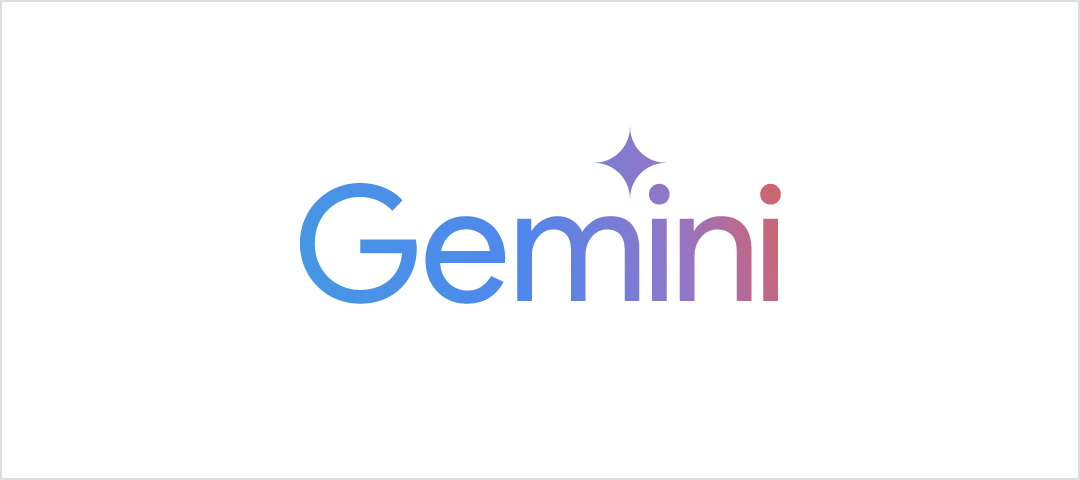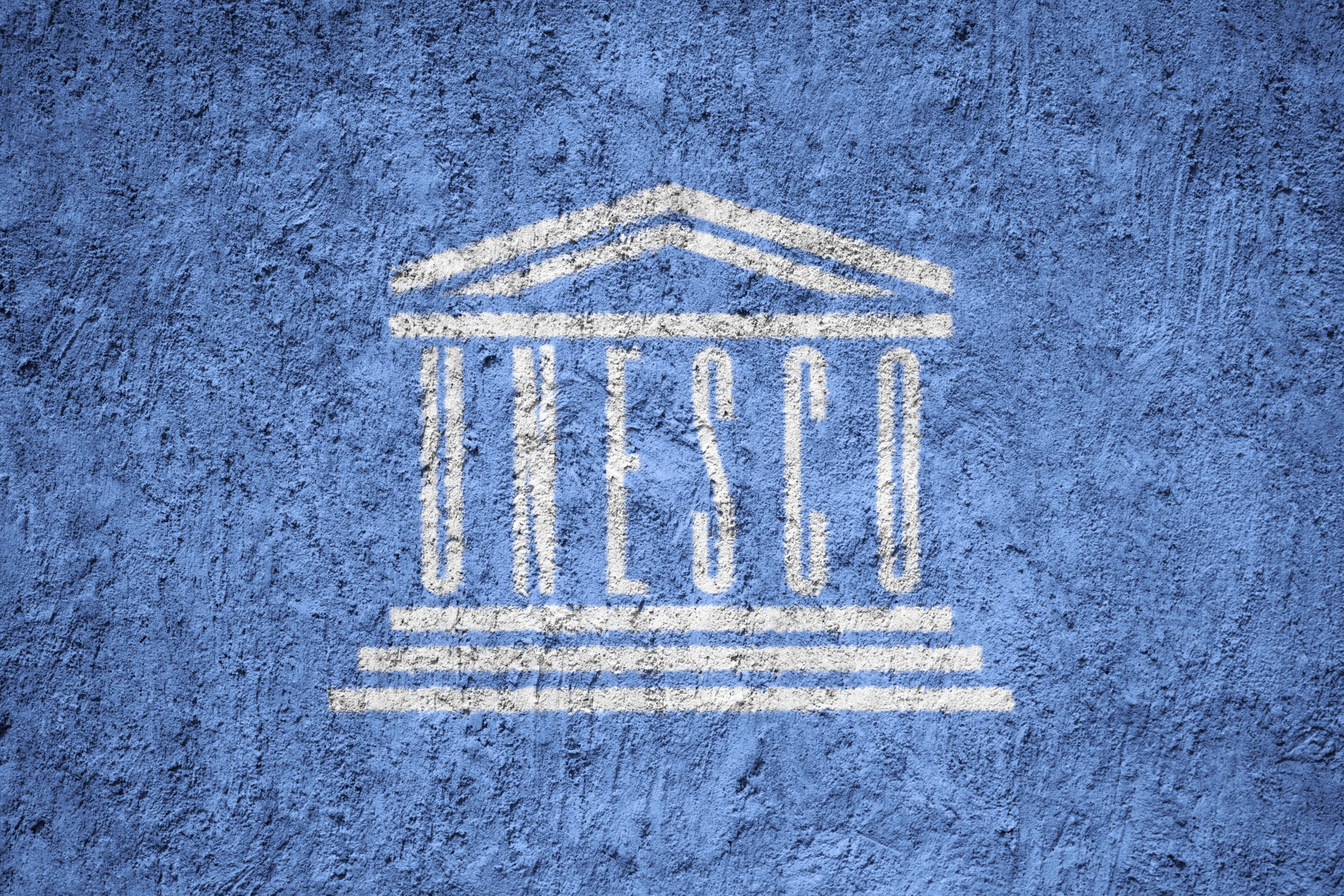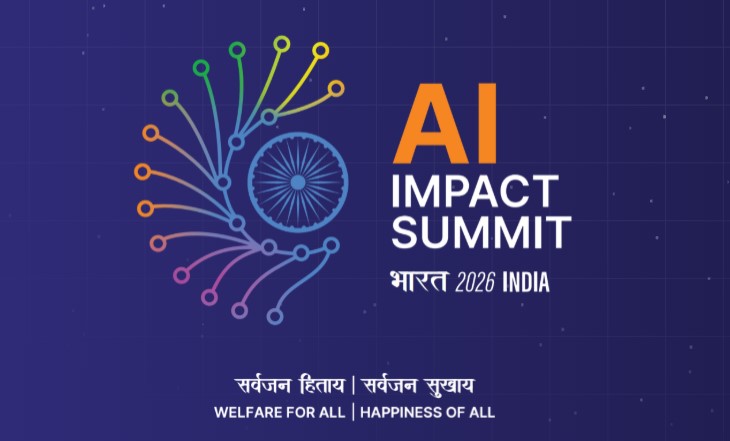Google has launched Gemini 3.1 Pro, an upgraded AI model for solving complex science, research, and engineering challenges. Following the Gemini 3 Deep Think release, the update adds enhanced core reasoning for consumer, developer, and enterprise applications.
Developers can access 3.1 Pro in preview via the Gemini API, Google AI Studio, Gemini CLI, Antigravity, and Android Studio, while enterprise users can use it through Vertex AI and Gemini Enterprise.
Consumers can now try the upgrade through the Gemini app and NotebookLM, with higher limits for Google AI Pro and Ultra plan users.
Benchmarks show significant improvements in logic and problem-solving. On the ARC-AGI-2 benchmark, 3.1 Pro scored 77.1%, more than doubling the reasoning performance of its predecessor.
The upgrade is intended to make AI reasoning more practical, offering tools to visualise complex topics, synthesise data, and enhance creative projects.
Feedback from Gemini 3 Pro users has driven the rapid development of 3.1 Pro. The preview release allows Google to validate improvements and continue refining advanced agentic workflows before the model becomes widely available.
Would you like to learn more about AI, tech and digital diplomacy? If so, ask our Diplo chatbot!










